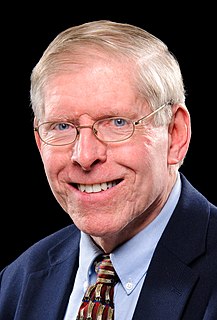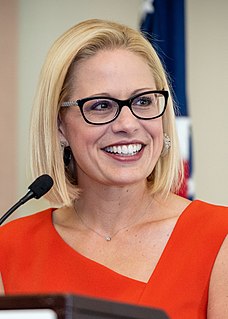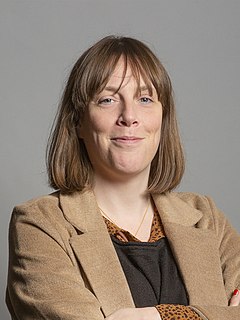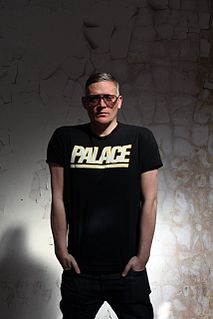A Quote by Chinmayi
Few years ago when I visited a palliative care centre in Chennai for the first time, it completely moved me. It's an emotionally draining experience. I saw and met patients who were abandoned by their families, and there is complete sense of hopelessness. Ever since, I have been a supporter for the need for funding and awareness of palliative care.
Related Quotes
Pharoahe Monch is a long time supporter of my music and I'm a long time supporter of his music so when we met each other it was almost like a natural occurrence.I met him before a few years earlier and we were just politicking with each other and we had a conversation about possibly doing something but our schedules have always been in conflict.
The number one thing I will take with me is my experience as a social worker who saw what happened to families who couldn't find jobs, struggled to take care of their health and saw opportunity slipping away for their kids. I ran for Congress because politicians were fighting with each other instead of looking out for these families.
I talked to over two hundred patients and family members about their experiences with aging, serious illnesses, and the big unfixables. But I also spoke with scores of physicians, and especially geriatricians, palliative care doctors, hospice nurses, and nursing home workers. The biggest thing I found was that when these clinicians were at their best, they were recognizing that people had priorities besides merely living longer. The most important and reliable way that we can understand what people's priorities are, besides just living longer, is to simply ask. And we don't ask.
































